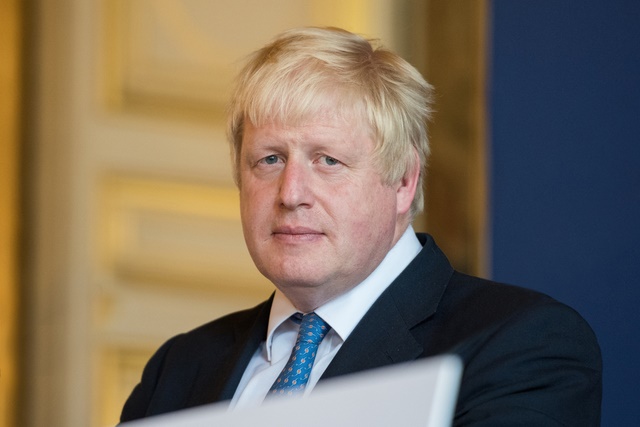PMIs Fail to Help Pound to South African Rand Exchange Rate Gains
Weaker market risk-sentiment is keeping pressure on the South African Rand (ZAR) this week, but the Pound Sterling to South African Rand (GBP/ZAR) exchange rate is still struggling. The latest UK PMI data has not been enough to notably influence the Pound (GBP) outlook.
Could this week end up a repeat of last week? Last week saw GBP/ZAR attempt to climb and the pair briefly reached near June highs. However, GBP/ZAR ultimately closed the week near its opening levels, at around 21.39.
Since markets opened yesterday, GBP/ZAR has once again been attempting to mount advances. GBP/ZAR touched above 21.70 earlier this morning, but at the time of writing is lower again in the region of 21.53.
Concerns over the coronavirus outlook continue to weigh on the Pound. This means the potential for further GBP/ZAR gains may remain limited.
Pound (GBP) Exchange Rates Fail to Capitalise on Strong UK PMIs
Tuesday’s European session saw the publication of Britain’s June PMI projections. The data was the best indication thus far of how Britain’s economy is coping with being gradually reopened from the coronavirus pandemic.
The data was generally better than forecast. Manufacturing even unexpectedly rose above the 50-point mark separating contraction from growth.
Still, while the data was better than forecast it was not strong enough to make investors optimistic about Britain’s economic outlook.
According to Chris Williamson, Chief Business Economist at Markit, Britain’s coronavirus situation is not optimistic enough to predict a strong recovery either:
‘Uncertainty over recovery prospects and job prospects also mean demand for many goods, especially non-essential bigticket items, is likely to remain weak for many months, with Brexit uncertainty also continuing to cast a shadow over the economy.’
South African Rand (ZAR) Exchange Rates Avoid Losses as Latest Trade Jitters Short-Lived
The South African Rand is a currency often correlated to risk-factors, such as sentiment around trade and emerging markets.
As a result, it has been weaker amid the rise in ‘second wave’ coronavirus concerns. On top of this, today’s brief flare in US-China trade tensions also hit the Rand.
White House Trade Adviser Peter Navarro said on Monday that the US trade deal with China was ‘over’. However, the comments were later walked back to mean that the current phase of the deal would remain in place for the time being.
According to Lee Hardman, Currency Analyst at MUFG:
‘We expect limited further fallout, with President Trump expected to remain committed to the phase one trade deal in the run up to the election,’
As a result, the South African Rand instead continued to benefit from global market optimism over economic recovery. GBP/ZAR advance attempts were limited today partially because of this.
Pound to South African Rand (GBP/ZAR) Exchange Rate Could Tumble Again if South African Data Impresses
The Pound to South African Rand (GBP/ZAR) exchange rate is jittery today. The Pound appeal being dampened by Britain’s longer term coronavirus and Brexit uncertainties. Meanwhile the Rand’s appeal is limited by market risk-sentiment.
If global fears of a ‘second wave’ of coronavirus infections pick up and worsen, investors will be increasingly hesitant to take risks. In this situation, the Rand will have less reason to hold near its current highs against the Pound.
On the other hand though, the South African Rand could see stronger demand if South Africa’s domestic outlook strengthens too.
Tomorrow will see the publication of South Africa’s April inflation stats and March retail sales results. They will give investors a better idea of how South Africa’s economy is handling the pandemic.
Pound to South African Rand (GBP/ZAR) exchange rate investors will also be closely watching for developments in Britain’s coronavirus situation.


Comments are closed.